What is Mediation?
What is the difference between mediation, litigation, counselling, and arbitration?
In South Africa there is a lot of confusion when it comes to mediation and the role of a mediator. The public also get confuse between counselling, mediation, and arbitration. In this article I hope to make clear when you should use mediation to solve a dispute and when to follow the route of litigation.
Mediation became legal in South Africa on 1 December 2014 in The Rules of Voluntary Court annexed Mediation. It is a confidentiality process whereby a third party, namely a mediator, assist the parties to identifying issues, clarify priorities, explore areas of compromise, and generate options to resolve their dispute. In mediation, the process is a negotiation with the assistance of a neutral third party, and the parties do not reach a resolution unless all sides agree.
Counseling is a cooperative process in which a trained professional helps a person called ‘the client’ to identify sources of difficulties or concerns that he or she is experiencing. Counsellor gives guidance whereas a mediator only reacts impartially between parties.

Arbitration results in a decision by the arbitrator himself without the agreement of the parties. Arbitration is like the court process and parties need to provide testimony and give evidence like a trial, but usually less formal.
I also get the question: when should I go to a lawyer and when should I go to a mediator?
Mediators can only assist when two parties agree to settle on something, without this agreement, a legal route may be unavoidable. Mediation is a very cost-effective process especially in divorce settlement agreements and parent plans. Mediators only refer matters to lawyers if they cannot get an agreement between the parties. When communication breaks down irrevocably between the parties, they have no other choice but to proceed with litigation.
Litigation is a court process in which legal action is taken against someone. It is a process that can take months, even years, to settle. Litigation should be your last route to follow and only used if no agreement can be reached through a mediator.
The reason there is such a high success rate in mediation is because each party gets a fair opportunity for their voice to be heard. Most disputes are birthed out of bad commination and assumptions being made between people.

When anger and hostility exist, mediation is an exceptionally good way to help restore trust and respect. It is applicable in the following cases –
- Section 22 agreements
- Maintenance disputes
- Divorce settlement agreements
- Parent plans
- Business disputes
- Employee disputes
Mediators are also the intercessors between the public and the Courts. South African Courts offer members of the public the option of mediation as a free service in any legal action, however most people do not know that this option is available to them. In South Africa where there are not enough state employees to be able to guide and assist the public mediators can be especially important in consulting with the parties to draft agreements. The public can resolve disputes before going to court and reduce court time thereby making it a much more cost-effective route to follow.
By: Tanya Steynfaardt (Family Law Mediator) www.m-s.co.za
